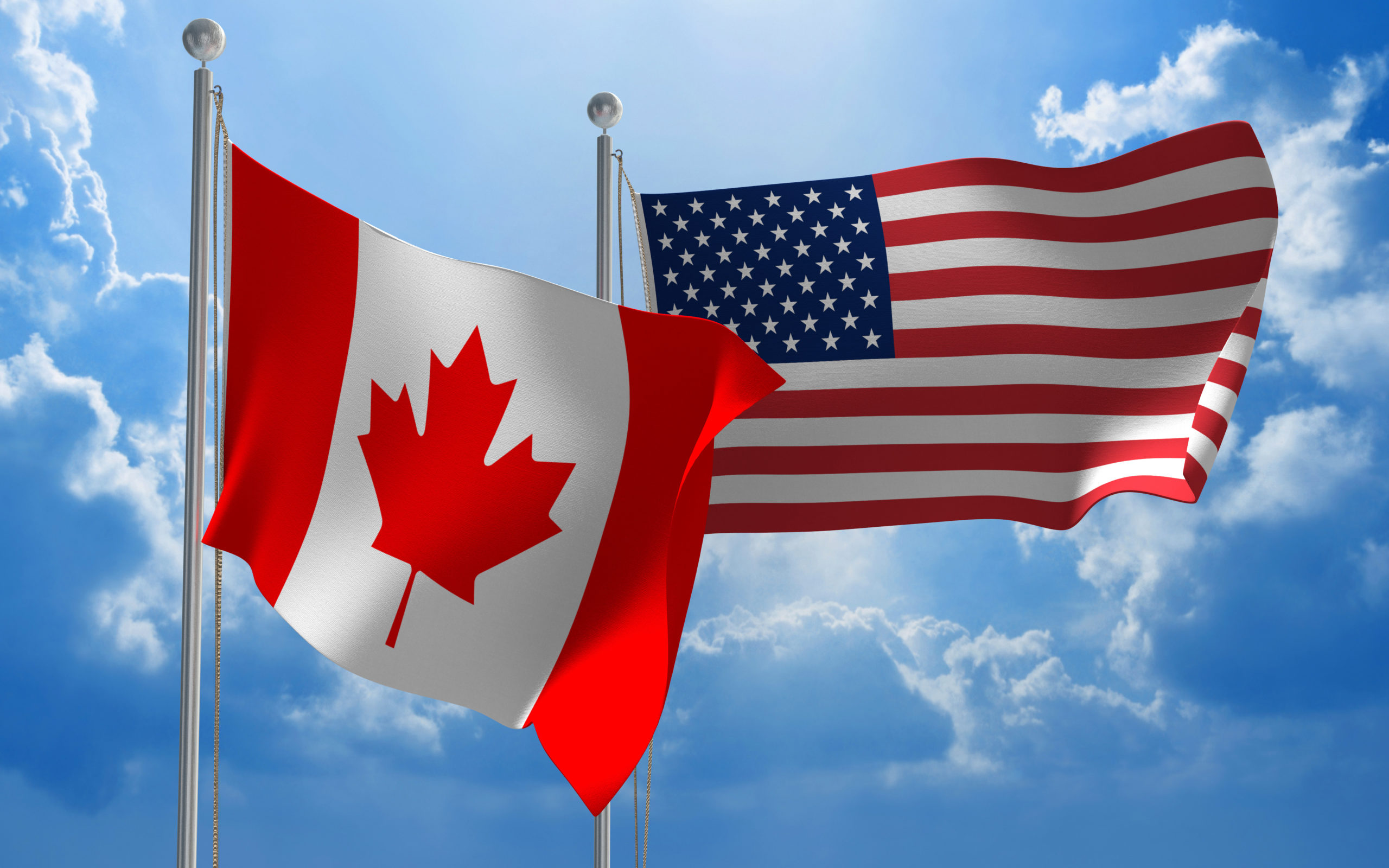IRS Releases Revised Information on the United States-Canada Income Tax Treaty
 The U.S. Internal Revenue Service (“IRS”) has released revised Publication 597 (Rev. October 2015), “Information on the United States-Canada Income Tax Treaty” (the “Publication”). The 1980 United States-Canada income tax treaty was signed on 26 September 1980. It has been amended by five protocols, the most recent of which became effective on 1 January 2009.
The U.S. Internal Revenue Service (“IRS”) has released revised Publication 597 (Rev. October 2015), “Information on the United States-Canada Income Tax Treaty” (the “Publication”). The 1980 United States-Canada income tax treaty was signed on 26 September 1980. It has been amended by five protocols, the most recent of which became effective on 1 January 2009.
The Publication provides information on the income tax treaty between the United States and Canada. It discusses a number of treaty provisions that most often apply to U.S. citizens or residents who may be liable for Canadian tax. Treaty provisions are generally reciprocal (the same rules apply to both treaty countries). Therefore, Canadian residents who receive income from the United States may also refer to the Publication to see if a treaty provision affects their U.S. tax liability.
The Publication discusses a number of treaty provisions that often apply to U.S. citizens or residents who may be liable for Canadian tax. Specifically, it discusses the following:
- Application of the treaty (including saving clause)
- Personal services
- Pensions, annuities, social security and alimony
- Treatment of “other income”
- Investment income from Canadian sources
- Charitable contributions
- Income tax credits
- Competent authority assistance
- How to get tax help from the IRS and the Canada Revenue Agency
The Publication further notes that taxpayers who take the position that a U.S. tax is overruled or otherwise reduced by a U.S. treaty, referred to as a treaty-based return position, are generally required to disclose that position to the IRS using IRS Form 8833, “Treaty-Based Return Position Disclosure Under Section 6114 or 7701(b).”
In addition, the revised Publication includes information on the relief provided by Revenue Procedure 2014-55 to eligible U.S. taxpayers who hold interests in certain Canadian pension plans, including registered retirement savings plans (“RRSP”) and registered retirement income funds (“RRIF”).
If you have any questions, please contact a member of Withum’s International Services Group at [email protected].
By Mark Farber, CPA, Partner, International Services Group | 212.751.9100 | [email protected]

